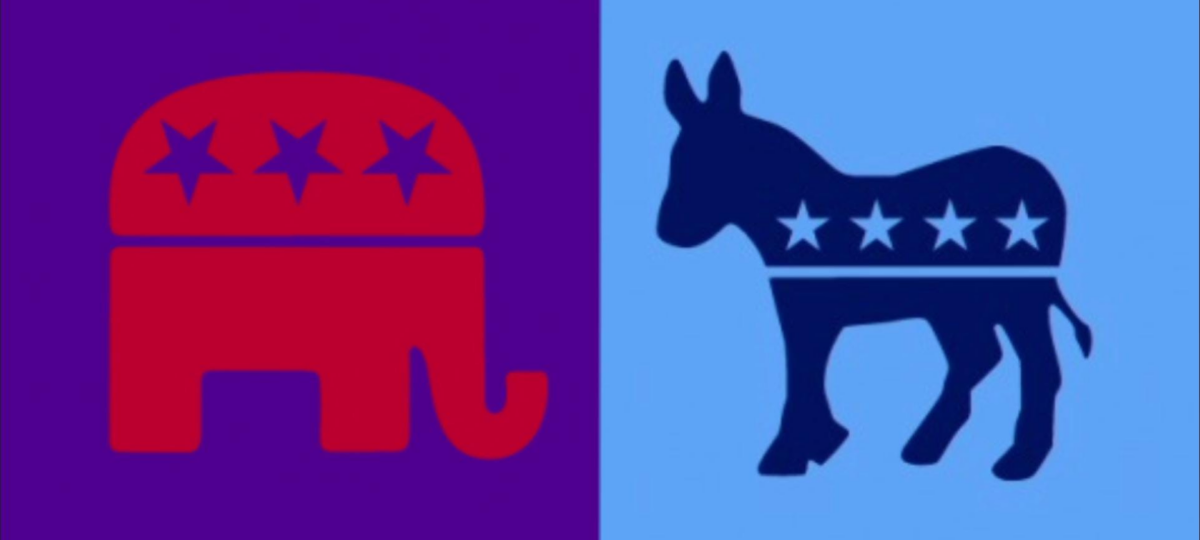The battle in closely contested race
As the 2024 presidential election approaches, significant battles are emerging both before and after Election Day. The contest between Donald Trump and Kamala Harris is expected to be closely contested, but beyond the candidates, another struggle looms over the integrity of the election process itself.
For years, Trump and his allies have cast doubt on the fairness of American elections, accusing voter rolls of being filled with ineligible voters and alleging that mail ballots are frequently mishandled. They’ve reinforced their claims by placing sympathetic officials in key state and local positions and assembling a legal team prepared to contest results. Hundreds of lawyers are standing by, ready to fight.
On the other side, Democrats and voting rights advocates are bracing for these challenges. They’ve organized their own voter protection teams and legal experts, preparing for potential post-election disputes.
Key battleground states like Georgia, Arizona, Nevada, and Pennsylvania are anticipated to face legal battles, especially regarding mail ballots and voter certification. In Georgia, new election laws have shifted the power to certify election results, raising concerns that officials might delay or refuse to certify results in the event of a Trump loss.
The legal skirmishes have already begun. Both sides are locked in lawsuits over voting procedures and certification rules, with Arizona, Nevada, and Georgia at the forefront of the disputes. Democrats are pushing for courts to enforce deadlines for certification, while Trump allies are advocating for local officials to have the authority to delay or reject certification based on allegations of irregularities.
The stakes are high, as failure to certify results by December 11 could throw the election into legal uncertainty, potentially giving Congress the opportunity to reject state electors and overturn the election outcome. Both parties are preparing for a prolonged battle over the legitimacy of the vote, one that could extend well beyond Election Day.


